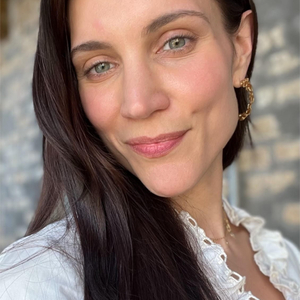24-Hour Nursing: A Look Behind the Curtain
Author:
Janna Gornik
“As a nurse, we have the opportunity to heal the heart, mind, soul and body of our patients, their families and ourselves. They may not remember your name but they will never forget the way you made them feel.”
Maya Angelou
Sometimes, when we’re feeling down or anxious, it’s hard to take care of our bodies. For some, it has been a long time since they felt cared for or accepted help from another. Nurses at our residential facilities provide attention and care 24/7. We can typically be found in the nursing station, a place where patients stop by to find relief and comfort. Some patients come to us with minor issues like indigestion, whereas others come with medical conditions requiring closer attention, like diabetes.
Some come to us with chest pain that they’re not sure is caused by anxiety or by something more serious. We treat patients medically, but we also understand that for people who have experienced trauma and for those who are suffering from depression or anxiety, the body and its symptoms, sensations, and pain signals can be a source of overwhelm. Nurses are always there not only to tend to the physical health of patients, but also to say: You don’t need to do this alone. We’re in this together. As nurses, we are treating the body, but we’re also treating the whole person, human to human.
One of the ways we serve patients is by communicating and collaborating with doctors, dietitians, and other members of the patient’s team to ensure that each patient’s treatment remains the very best for their recovery and healing. We monitor patients’ health by doing daily vitals, reviewing lab results, and assessing the success of interventions. We concern ourselves with making sure patients have their medications, attend their appointments, and see providers as needed. We teach patients how to take care of their bodies and help them develop better habits so they can step back into life with confidence.
Getting patients well and returned to their lives is what treatment is all about. Patients are often very scared about putting everything on hold for recovery and entering residential care, but we’re all working together to help them be on their way again. The nursing station and residential treatment are just stops in life, places where people get help from other people until they are prepared to take care of themselves again. As author Paulo Coelho said, “Life is the train and not the station."
Struggling with an eating disorder?
One conversation can make all the difference. Connect with us today.
Get Help NowConnect With Us

